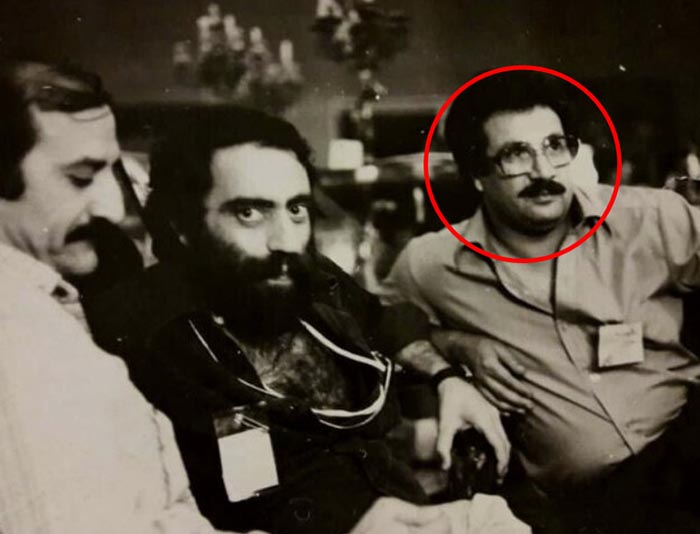Pavel Durov: Telegram Founder’s Shocking Revelation of Fathering 100 Children
This surprising revelation about Pavel Durov, the owner of Telegram, adds a new dimension to his already enigmatic persona. Known for his commitment to privacy, digital freedom, and his refusal to bend to governmental pressures, Durov’s decision to donate sperm speaks to his deep-seated belief in helping others, even in unconventional ways.
Durov’s actions reflect a broader philosophy that extends beyond his work with Telegram. By choosing to donate sperm, he has played a pivotal role in bringing life into the world, helping over 100 couples across 12 countries overcome the challenges of infertility. His decision to open his DNA to facilitate connections between these children further underscores his commitment to transparency and connection, values that are also deeply embedded in the ethos of Telegram.
For many, this revelation raises important ethical questions. How should society view sperm donation, especially when it results in such a large number of offspring? Pavel Durov’s willingness to share his DNA might be seen as a way to destigmatize sperm donation and encourage others to contribute to a cause that can profoundly change lives.
Moreover, Durov’s story invites a broader conversation about the responsibilities of sperm donors. While some might see it as a purely biological act, Durov’s approach—wanting his biological children to connect with each other—adds an emotional and social layer to the decision. It challenges potential donors to think about the long-term implications of their contributions and the lives they might impact.
In his usual fashion, Pavel Durov has managed to turn a deeply personal matter into a public discussion, provoking thoughts and debates on topics that many might not have considered before. As he continues to navigate the challenges of running Telegram and dealing with legal issues, this new chapter in his life story reminds us of the complexities and contradictions that make Durov one of the most intriguing figures in the tech world.
So, what do you think? Would you be willing to help others by donating sperm, knowing you might have children you’ll never meet? Pavel Durov challenges us to consider the broader impact of such decisions, pushing the boundaries of what it means to contribute to society in both the digital and biological realms.





